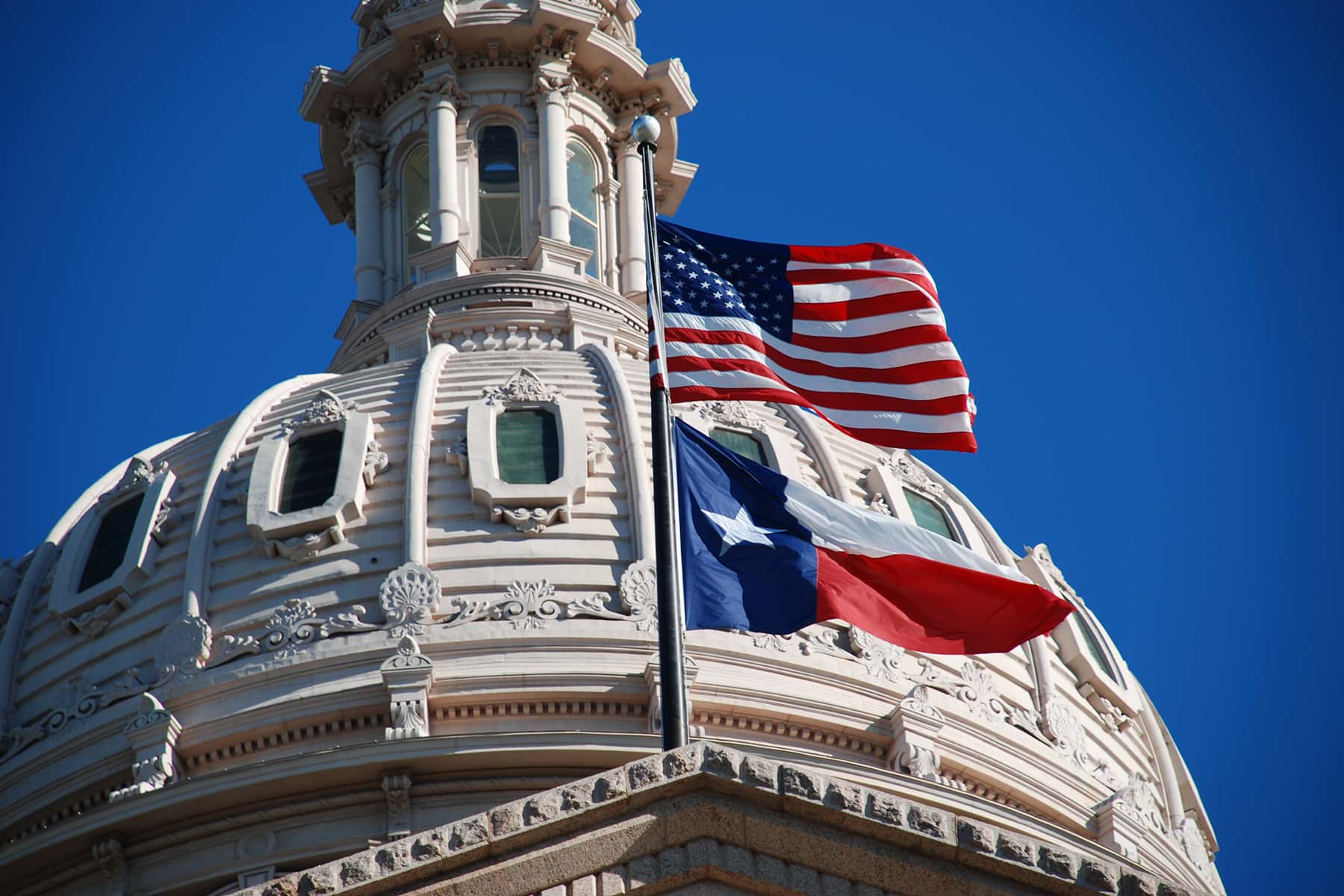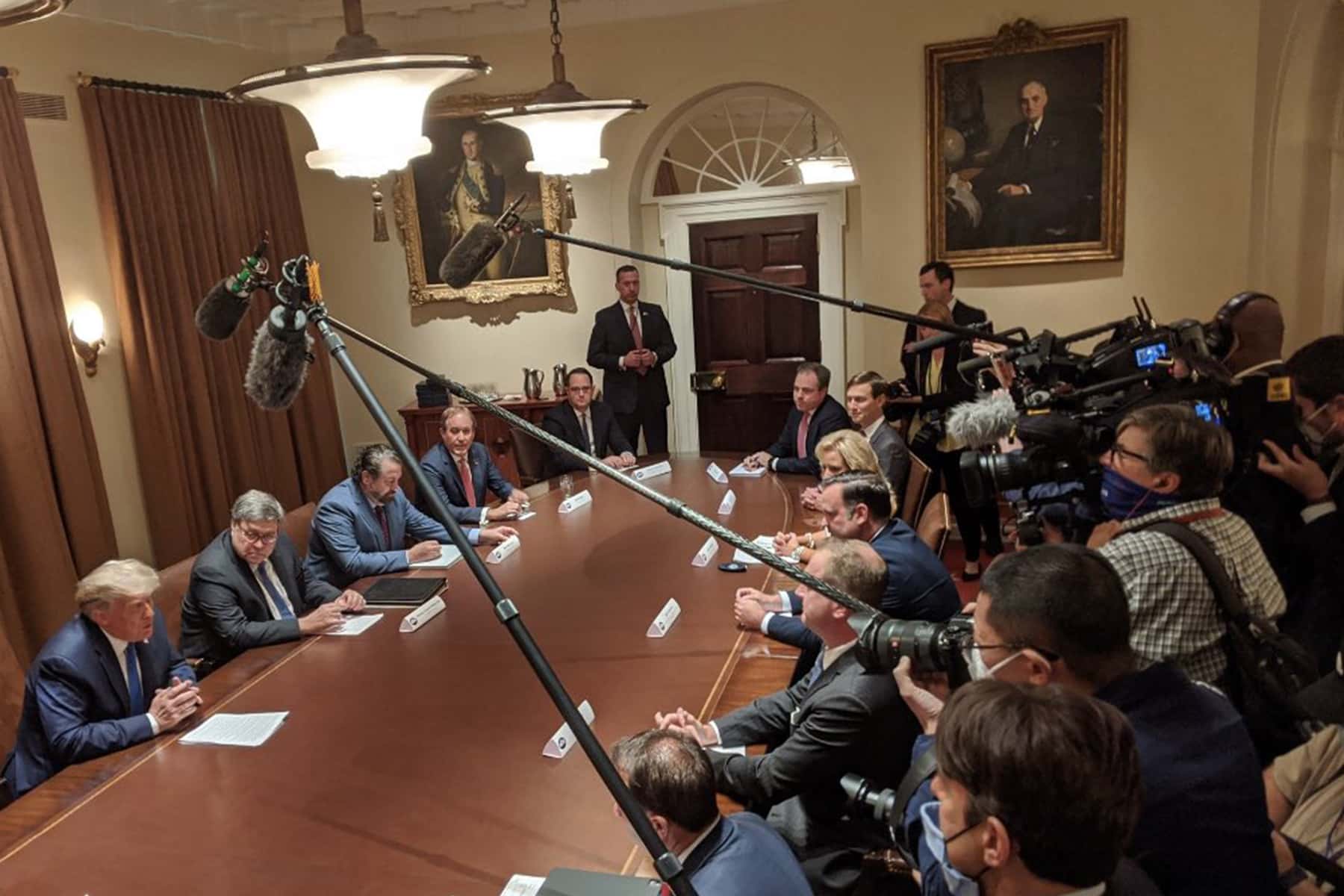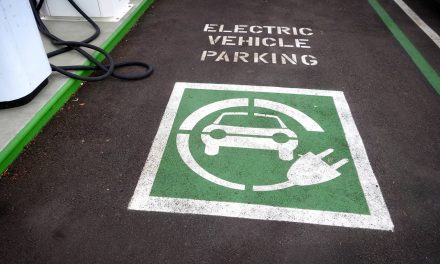
The state of Texas, aiming to help Donald Trump overturn the results of the 2020 presidential election, decisively won by Joe Biden, said on December 8 it has filed a lawsuit against the states of Georgia, Michigan, Pennsylvania, and Wisconsin at the US supreme court, calling changes they made to election procedures amid the coronavirus pandemic unlawful.
The extraordinarily unethical and long-shot lawsuit, announced by the Republican attorney general of Texas, Ken Paxton, was filed directly with the Supreme Court, as is permitted for certain litigation between states. The supreme court has a 6-3 conservative majority, including three justices appointed by Trump.
The lawsuit represents the latest in a long string of unsuccessful legal efforts intended to reverse the Republican president’s loss to Democratic candidate Biden in the 3 November election, which had appeared to be running out of steam after dozens of losses by the Trump campaign in its court challenges over the past month.
Republican-governed Texas in the lawsuit accused election officials in the four states of failing to protect mail-in voting from fraud, thus diminishing “the weight of votes cast in states that lawfully abide by the election structure set forth in the constitution.”
State election officials have said they have found no evidence of such fraud that would change the results, and local and national officials have declared it the most secure election in United States history.
There was an increase in voting by mail in the election due to the pandemic, as many Americans stayed away from polling places to avoid the spread of COVID-19.
Texas is asking the supreme court to block the electoral college votes in the four states – a total of 62 votes – from being counted.
Biden has amassed 306 electoral votes – exceeding the necessary 270 – compared with 232 for Trump in the state-by-state electoral college that determines the election’s outcome, while also winning the national popular vote by more than 7m votes.
Texas also is asking the supreme court to delay the 14 December deadline for electoral college votes to be cast. Paul Smith, a professor at Georgetown University’s law school, said Texas did not have a legitimate basis to bring the suit.
“There is no possible way that the state of Texas has standing to complain about how other states counted the votes and how they are about to cast their electoral votes,” Smith said.
In a previously blatant move to implement voter suppression, Texas Governor Greg Abbott also restricted ballot drop-off locations for the November 3 election. The obstacle accounted for voter disenfranchisement in counties with large populations of people of color, and is believe to have restricted Democratic votes.
Trump’s campaign and his allies have pursued unsuccessful lawsuits in Georgia, Michigan, Pennsylvania, Wisconsin and other states, making unfounded claims of widespread election fraud. Judges appointed under Democratic and Republican administrations, including Trump’s, have ruled against the president’s campaign, often in excoriating tones.
Trump lost those four states after winning them in 2016. The supreme court is not obligated to hear the case and has said in previous decisions that its “original jurisdiction” that allows litigation between states to be filed directly with the nine justices should be invoked sparingly.
Guаrdіаn Staff
Kеn Pаxtоn
Originally published on The Guardian as Texas sues four states over election results in effort to help Donald Trump
Help deliver the independent journalism that the world needs, make a contribution of support to The Guardian.















